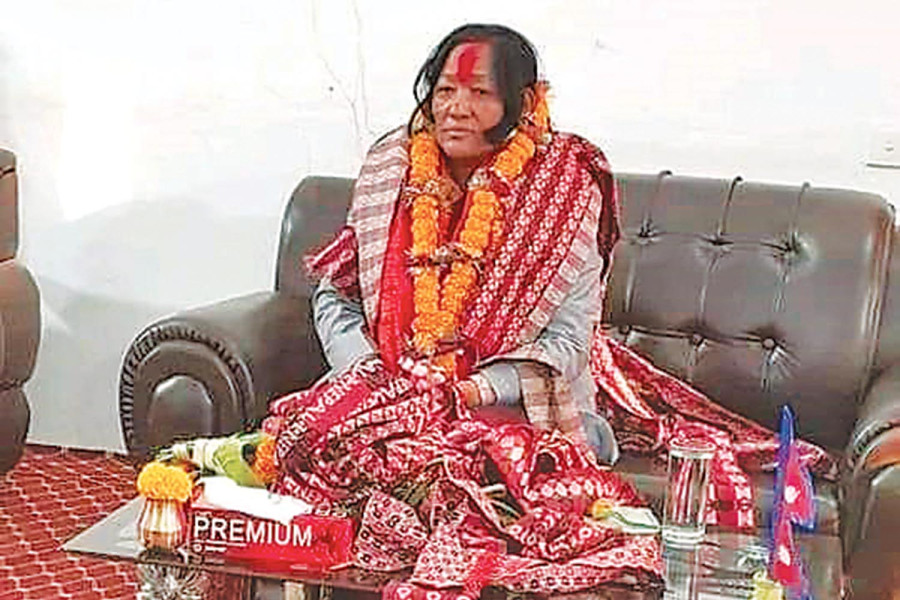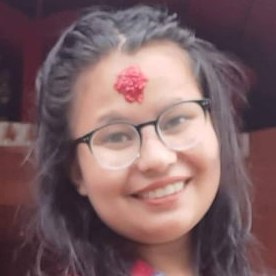Politics
Karnali elects Nepal’s first woman provincial Speaker
UML’s Nanda Gurung has been elected Karnali province Speaker, defeating Congress’ Khadak Pokharel on Sunday.
Tripti Shahi
CPN-UML’s Nanda Gurung has been elected the Speaker of Karnali province on Sunday, becoming the first female provincial speaker of the country.
Gurung defeated Khadak Pokharel of the Nepali Congress by 10 votes in the election on Sunday. She secured 24 votes to Pokharel’s 14.
Gurung, a candidate of the ruling coalition, got 13 votes from the CPN (Maoist Centre), 10 from the UML and one from the Rastriya Prajatantra Party, while Pokharel received 13 votes from the Nepali Congress provincial assembly members and one vote from Kalyani Khadka, a provincial assembly member from the CPN (Unified Socialist).
Gurung was elected to the provincial assembly from Surkhet under the Proportional Representation (PR) category.
Gurung’s nomination was forwarded by UML provincial assembly leader Yam Lal Kadel, and seconded by Rajkumar Sharma, the Maoist Centre provincial assembly leader.
Pokharel’s candidacy was proposed by provincial assembly member Purna Bahadur Khatri and seconded by Balimaya Budha.
Pokharel was elected to the provincial assembly from Surkhet 1 (a).
In Sunday’s vote, 38 out of 40 provincial assembly members participated. Devendra Bahadur Shahi, an independent member of the assembly, abstained while Congress’ Hikmat Bahadur Bista did not cast his vote as he presided over the assembly meeting.
Gurung is the second Speaker of the Karnali Assembly. In 2017, UML lawmaker Raj Bahadur Shahi of Dailekh was elected the first Speaker of the province.
Gurung took the Speaker’s oath from provincial head Tilak Pariyar. In her remarks following the election, Gurung said she would during her tenure play a role in making the assembly more effective and enact necessary laws.
“In the absence of relevant laws, the provincial government has not been able to work effectively. Some laws endorsed by the provincial assembly are also facing difficulties in implementation,” said Gurung.
Among the 64 bills registered in the first assembly, 53 were passed while the 11 others were inactive.




 9.7°C Kathmandu
9.7°C Kathmandu














